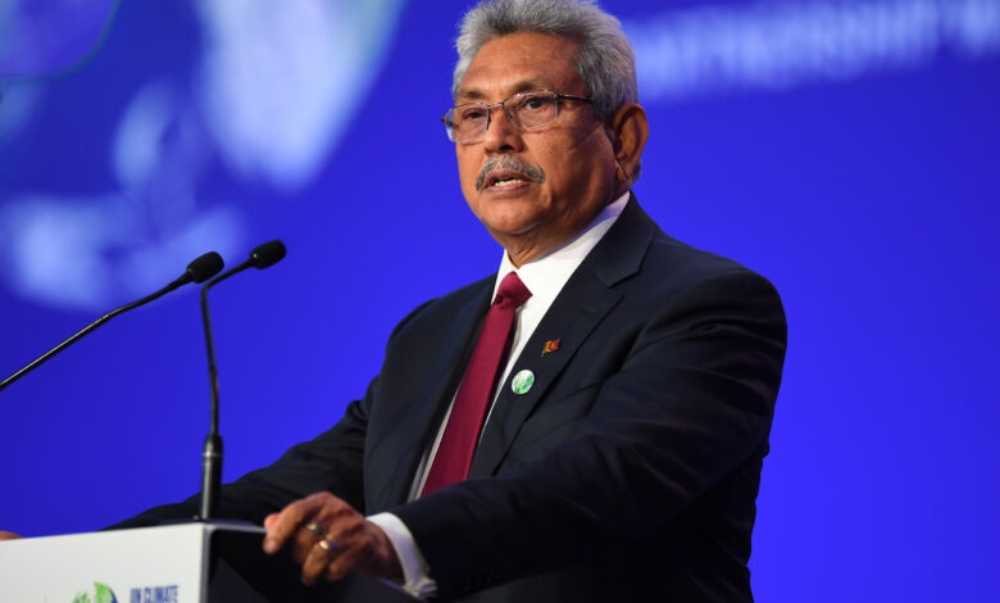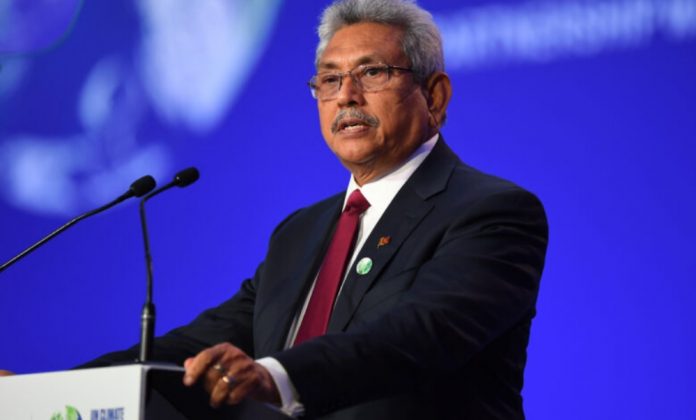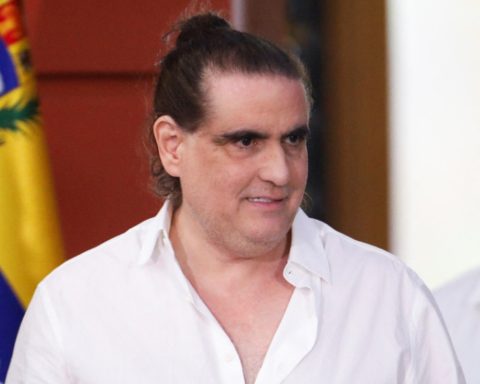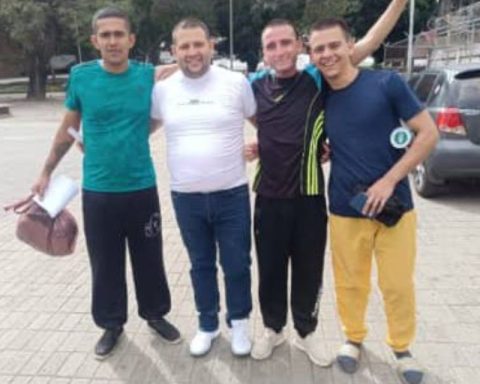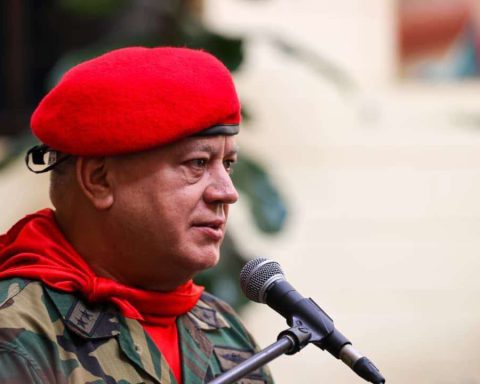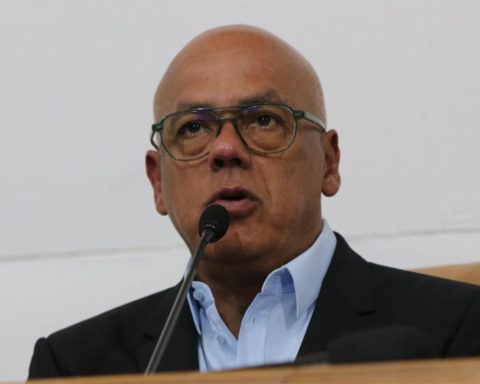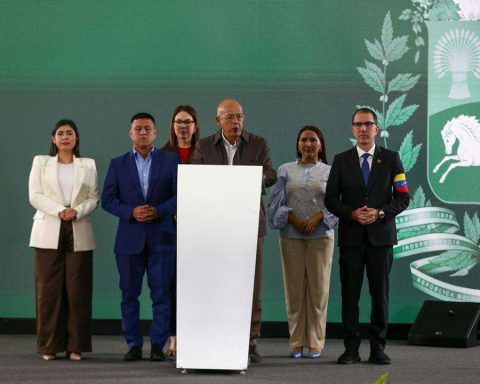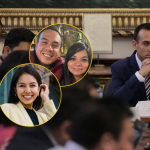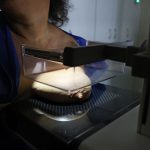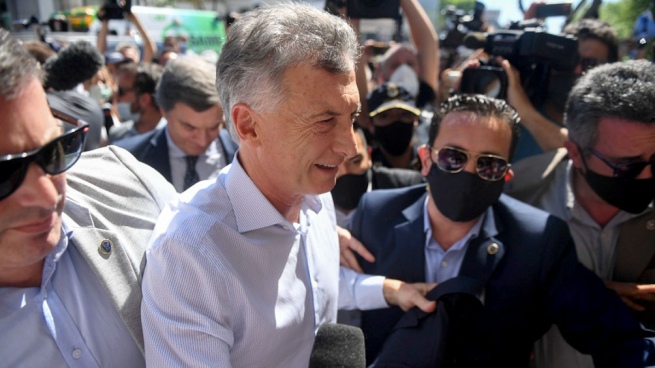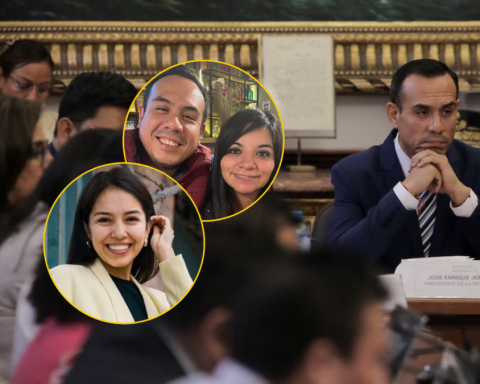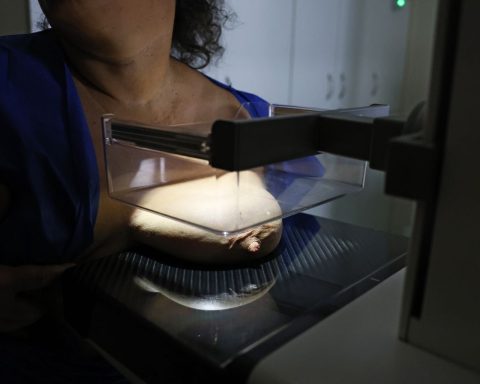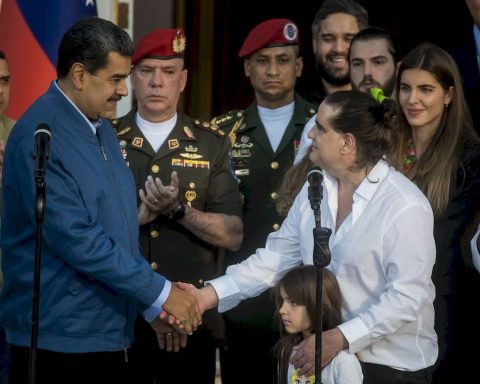The spokesman for Parliament, Mahinda Yapa Abeywardena, announced this Saturday the resignation of the president of Sri Lanka, Gotabaya Rajapaksa, after thousands of protesters stormed his official residencel During a day of massive protests in Colombo against the government for its handling of the economic crisis.
“Because he wants to hand over the leadership of the country peacefully, he asked me to inform the nation that his resignation will be handed in on Wednesday (July 13),” Abeywardena said in a televised message.
The spokesman for Parliament had a conversation with Rajapaksa to inform him of the result of a meeting today between the leaders of all the country’s political parties, in which his resignation was mostly requested along with that of the Prime Minister, Ranil Wickremesinghe.
Mass demonstrations in Colombo
The prime minister already announced his resignation today “to ensure the continuity of the government, including the security of all citizens,” and recommended the formation of a government of national unity with representation from all parties.
Both announcements come at the end of a day of massive demonstrations in Colombo, during which thousands of protesters stormed the official residences of the president and the prime minister, in addition to setting fire to the latter’s private home.
Security forces used tear gas and charged protesters and journalists, leaving dozens injured.
Today’s massive demonstrations are part of a context of ongoing protests for months, due to the impact on Sri Lankans of one of the worst economic crises that the country has had to face since its independence in 1948, derived from the decline in international reserve currencies and large indebtedness.
Tension and discontent increased on the island at the end of March, when the authorities imposed power cuts of more than 13 hours, which led the population to take to the streets to demand the resignation of the Sri Lankan Executive.
Since then, hundreds of protesters have settled in the vicinity of the Presidential Secretariat in Colombo and peaceful protests around the island nation have become common as authorities try to reach a bailout deal with the International Monetary Fund.
